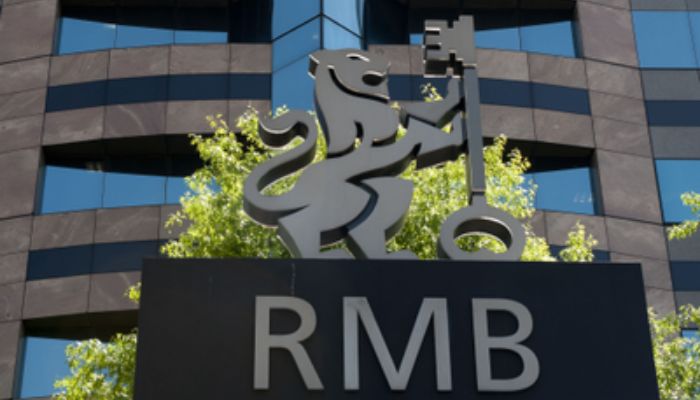The Akodo-Ise fishing community in Ibeju-Lekki, Lagos, received an intervention from Rand Merchant Bank (RMB) in partnership with Circularity Africa. The organisations provided a solar-powered cold room and a charging facility, finally addressing the community’s 20-year power outage and storage challenges.
For years, the abundant catch from the Atlantic Ocean and Lagos Lagoon was a source of income for the community. However Malik Temitope, a fisherman, explained that the lack of preservation meant they were forced to sell their fish immediately, regardless of the price.
“Customers know they have no means to ice them, so they price us poorly, leading to unstable income,” Temitope said.
The new cold room, which can store up to 1,000 kg of fish, has revolutionized their economy, giving fishermen the power to determine fair prices and stabilize their earnings. Circularity Africa noted the facility meets a “critical need” for the coastal community.
Read also: RMB Nigeria crowned fastest-growing asset manager at 2025 BAFI awards
Akodo-Ise was cut off from the National Grid in the late 1990s, a disruption Adeniyi Yusuf, community leader linked to climate change causing the encroaching ocean to destroy poles and wires. The intervention extends beyond the cold room, as RMB also distributed 10 to 15 additional solar units throughout the community.
This Corporate Social Responsibility (CSR) effort aligns with RMB’s philosophy of “shared prosperity.” RMB CEO Bayo Ajayi emphasized the commitment to long-term sustainability, noting that impacting the community in a lasting way is crucial for future growth.
The launch event also included a beach cleaning exercise, with collected plastic waste sent for recycling, and the Lagos Food Bank distributed hundreds of food packs. Looking ahead, community leader Yusuf appealed for insurance facilitiesfor boat engines and nets, and financial assistance, such as loans, to help fishermen acquire essential tools like canoes and engines.

